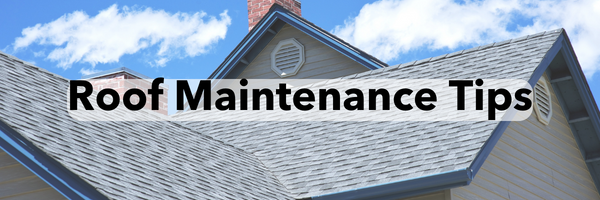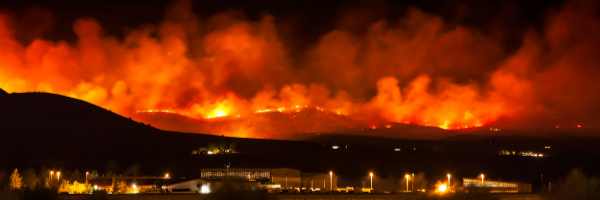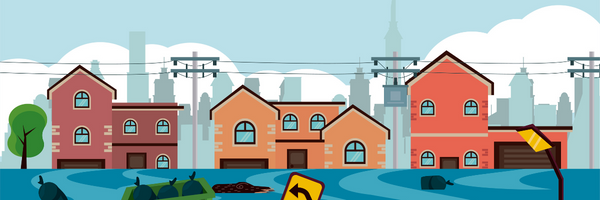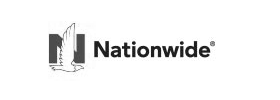
Driving Safely While Pregnant: Essential Tips for Expecting Mothers
Pregnancy is an exciting time filled with many changes, including how you approach everyday tasks like driving. While it’s generally safe for most pregnant women to drive, here are some essential tips to help you stay safe behind the wheel during pregnancy.
1. Wear Your Seatbelt Properly
One of the most important things you can do while driving is to wear your seatbelt correctly. During pregnancy, the seatbelt should be positioned slightly differently:
- Lap belt: Place it under your belly, across your hips, and snug against your pelvis. Never let it rest over your stomach, as this could put pressure on your uterus in the event of a sudden stop.
- Shoulder belt: Make sure the shoulder strap lies between your breasts and off to the side of your belly. It should never go behind your back or under your arm.
By wearing your seatbelt properly, you protect both yourself and your baby in case of an accident.
2. Adjust Your Seat for Comfort and Safety
As your belly grows, you may need to adjust your seat to maintain a safe and comfortable driving position. Here are some tips:
- Distance from the steering wheel: Sit as far back from the steering wheel as possible while still being able to reach the pedals comfortably. Aim for at least 10 inches between your chest and the steering wheel to minimize the risk of injury from the airbag if it deploys.
- Backrest angle: Keep the backrest of your seat in a fairly upright position to support your back and prevent slouching. Good posture helps with back pain and ensures you stay alert and comfortable during your drive.
3. Take Frequent Breaks
During pregnancy, sitting for long periods can cause discomfort, swelling, and even increase your risk of blood clots. If you’re planning a long drive:
- Take breaks every 1-2 hours: Step out of the car to stretch your legs, walk around, and encourage blood circulation.
- Stay hydrated: Dehydration can make you feel tired or light-headed, so keep a water bottle handy and drink regularly.
4. Be Aware of Fatigue and Nausea
Many pregnant women experience fatigue, morning sickness, or dizziness, especially during the first and third trimesters. It’s important to listen to your body and avoid driving if you’re feeling unwell. Here are some practical tips:
- Avoid peak nausea times: If you tend to feel nauseous in the morning or after meals, try to schedule driving around those periods.
- Pull over if needed: If you feel nauseous, dizzy, or fatigued while driving, pull over to a safe spot and take a break until you feel better.
5. Watch for Swelling and Discomfort
As pregnancy progresses, it’s common for women to experience swelling in their feet and ankles. This can make driving uncomfortable, especially on longer trips. To combat swelling:
- Wear comfortable shoes: Opt for shoes that provide good support and avoid heels or overly tight footwear.
- Elevate your feet during breaks: When you stop for a rest, try elevating your feet to reduce swelling.
6. Know When to Stop Driving
While most women can continue driving throughout pregnancy, there may come a point when it’s no longer safe or comfortable. You should consider stopping if:
- You have a high-risk pregnancy, and your doctor advises against driving.
- You’re experiencing frequent dizziness, fainting spells, or contractions.
- Your belly is so large that it’s difficult to fit behind the steering wheel comfortably, even with adjustments.
In these situations, it might be safer to rely on a partner, family member, or public transportation.
7. Have an Emergency Plan in Place
While driving, it’s always good to be prepared, but this becomes even more crucial during pregnancy. Keep the following in mind:
- Emergency contact: Have an emergency contact programmed into your phone and accessible at all times.
- Hospital bag: As you near your due date, it’s smart to keep a small hospital bag with you, especially if you’re taking long trips.
- Know your route: Plan your routes ahead of time and be aware of nearby hospitals in case of an emergency.
Conclusion
Driving while pregnant can be perfectly safe if you take a few extra precautions to protect yourself and your baby. By adjusting your seat, wearing your seatbelt properly, staying aware of your body’s signals, and planning for emergencies, you can continue to drive confidently and comfortably throughout your pregnancy. Always consult with your doctor if you have any concerns about your specific situation. Stay safe on the road, and enjoy this special time!
Aspen Insurance Agency is a family run business in Denver, CO servicing clients nationwide. We work with multiple insurance carriers to offer our customers a wide variety of risk reduction coverage at the lowest possible cost. We offer a wide range of personal, auto insurance, commercial and professional insurance to residential and commercial insurance customers enabling the cheapest rates available. Call to speak to one of our insurance professionals and see how painless insurance shopping can be.


































































